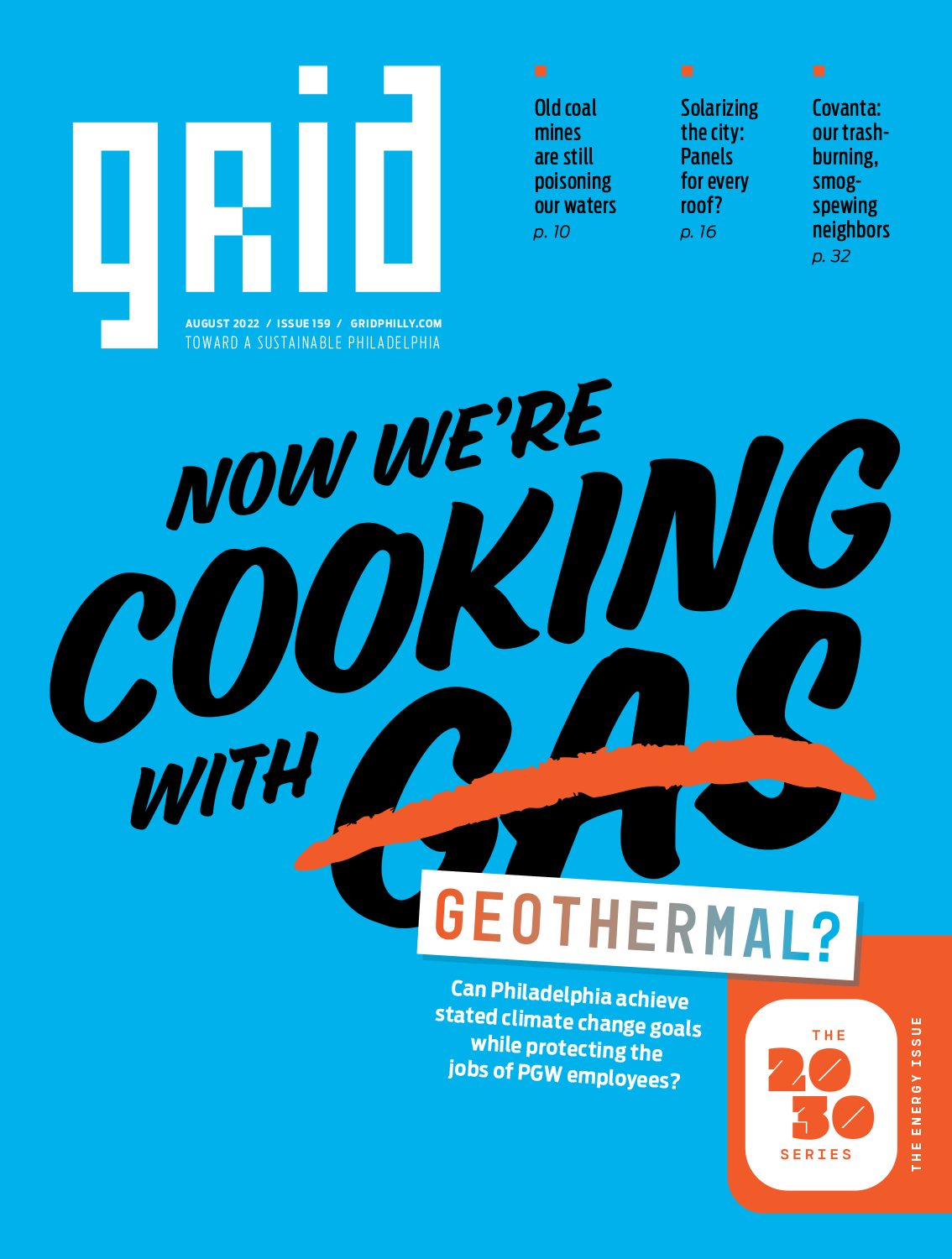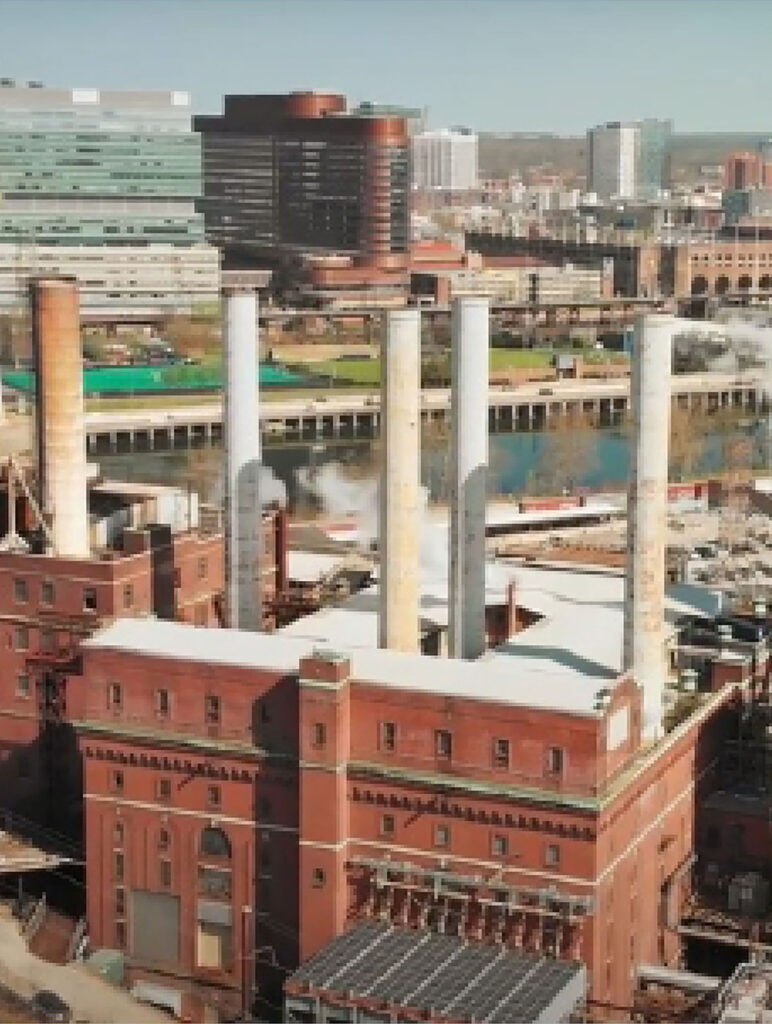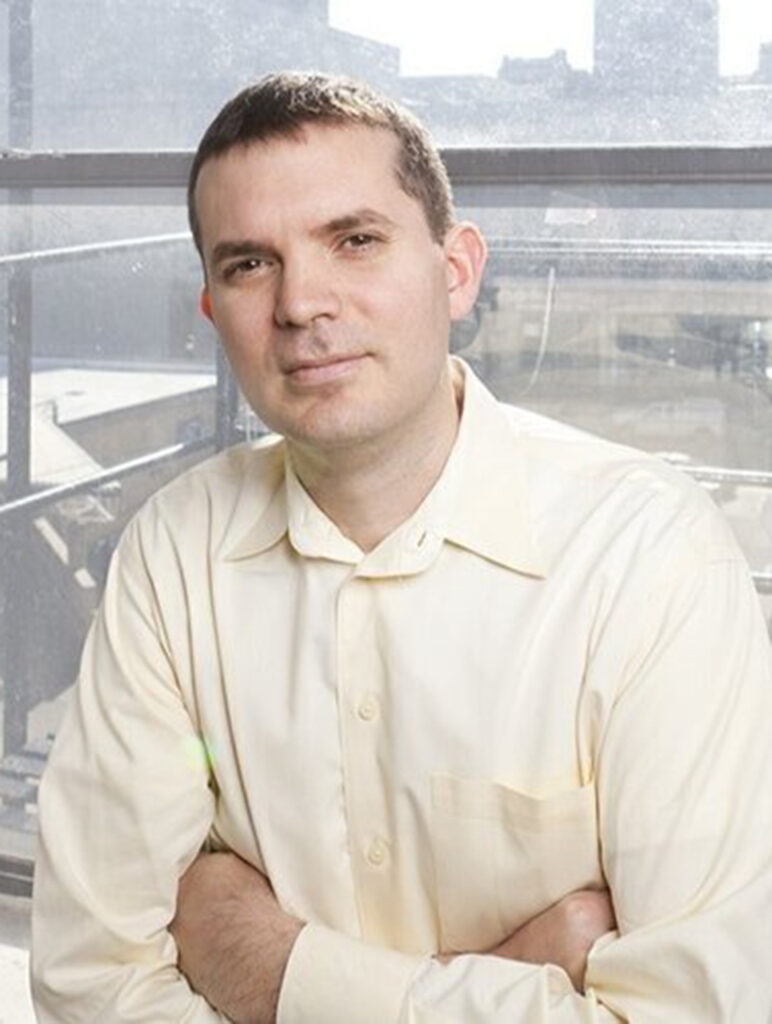Transitioning our economy to one that supports well-paying jobs and a healthy planet certainly seems like a concept that most people can get behind. So why has the term “just transition” been so controversial and rejected by many?
The principle of just transition is that a healthy economy and clean environment can and should coexist.”
— Just Transition Alliance
The term gained momentum in the early 1990s when Tony Mazzocchi, leader of the Oil, Chemical and Atomic Workers Union, proposed the idea of a “Superfund for Workers,” similar to the U.S. Environmental Protection Agency’s Superfund program for toxic cleanups. Mazzocchi’s proposition prompted both unions and environmental justice groups to recognize the need to simultaneously phase out environmentally harmful industries while ensuring that workers in those industries could transition into different well-paying careers. According to the Just Transition Alliance, one of the foremost advocates on the topic, “the principle of just transition is that a healthy economy and clean environment can and should coexist.”
Over the last year, I have collaborated with Grid’s Nic Esposito on several projects related to the topic of a just transition. This has included in-depth research about the topic and the development of a toolkit for mayors around the world that will soon be released by C40, a network of nearly 100 cities collaborating to deliver urgent action to confront the climate crisis. When researching the topic, I have been surprised by how infrequently just transition is mentioned in the United States and by how many Americans have varying levels of understanding of what it means.
The actions that are necessary to ensure that global temperatures don’t increase by more than 1.5 degrees Celsius (the temperature increase that has been deemed a tipping point to irreparable and irreversible damage) require a major transition in jobs, in consumer habits and basically in everything we do. And let’s face it, most American workers have yet to see proof that adequate programs and infrastructure exist to support them in this changing landscape.
In contrast, Europe has set up a Just Transition Fund of nearly 18 billion euros to support areas most affected by the transition by investing in small businesses, research and innovation, reskilling and training of impacted workers, job search assistance, and job-seeking programs. Each member state must have a “territorial just transition plan” to access the funds.
While the Supreme Court has set back our efforts with its recent West Virginia v. EPA decision, we must forge ahead and take a page from Europe’s book and make serious investments in both climate action and quality green jobs. If we are going to reach net zero and avoid the disastrous effects of global warming, just transition can’t be a zero-sum battle between workers and environmentalists.
Cities must play a lead role in building coalitions between environmentalists and workers. In order to do so, workers must understand that certain jobs will have to be eliminated — certain workers reskilled — as the economy transitions to new low- or no-carbon alternatives. But we can’t just ask workers to carry this load on their own; protections must be put in place to provide dislocated workers with financial resources and job training. When advocating for clean energy, environmentalists must also advocate that clean energy jobs be quality, well-paying jobs with upward mobility.
The good news is that many climate change measures, including the retrofitting of older buildings and the installation of EV charging infrastructure, will generate a tremendous number of jobs. According to an American Council for an Energy-Efficient Economy (ACEEE) white paper titled “Energy Efficiency Job Creation: Real World Experiences,” “the effects of energy efficiency on job creation are powerful and multi-faceted, and they reverberate through the economy over an extended period of time.”
Cities have the opportunity to apply an anti-racist, pro-equity approach to climate action by prioritizing public schools and affordable housing for retrofitting, and by creating job training and apprenticeship programs targeting populations who have previously lacked access to quality construction jobs. And there are countless other actions cities can adopt listed in our 2021 publication “Exploring the Just Transition.”
Philadelphia could be in prime position for a just transition with its large union presence and the government oversight provided by such entities as the recently-formed Environmental Justice Advisory Commission. To reach this aim, Philadelphians must champion the need for both a healthy planet and a healthy economy, and we can start by myth-busting the idea that climate action necessarily harms workers. In reality, the transition that needs to happen to save our planet and protect humanity might be just the opportunity we need to move from an us-versus-them mentality and consumer-centric society to one where we finally recognize that we are all one interdependent international community, and our best option is to find unity centered around the core priority of protecting and preserving the planet that is home to all of us.

Sylvie Gallier Howard is the CEO of Equitable Cities Consulting.








